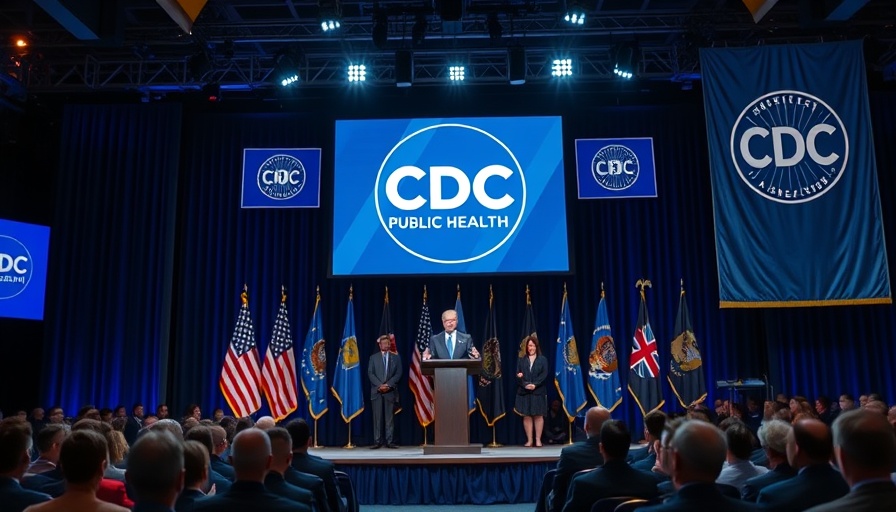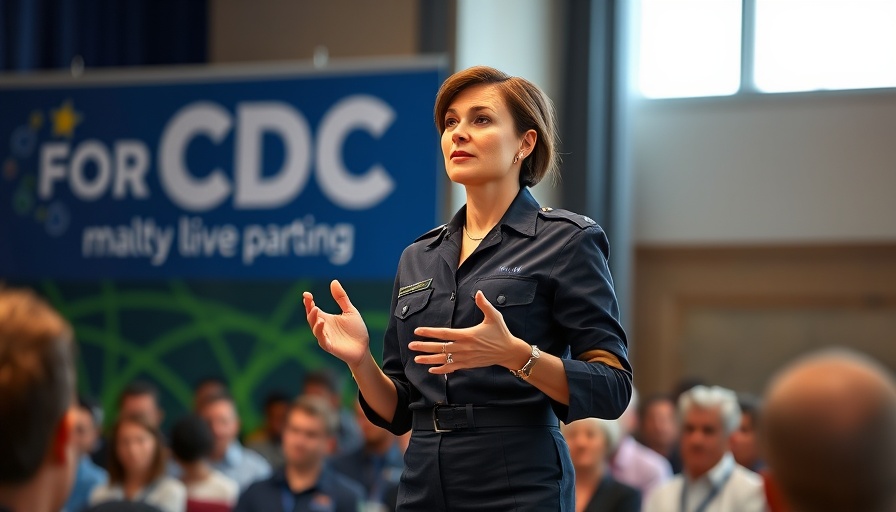
Understanding the Cervical Cancer Crisis in Alabama
Alabama is facing a significant public health challenge, ranking third in the nation for cervical cancer mortality, a statistic that is both alarming and unacceptable. Despite the advancements in medical science, many women in Alabama still lack access to crucial screenings and vaccinations that could save their lives. The journey from HPV infection to cervical cancer is a slow one, requiring time and a lack of screening, which can have devastating consequences. It is a misconception that cervical cancer is inevitable; in reality, it is highly preventable when the right measures are taken.
In National Breast and Cervical Cancer Early Detection Program Awardee Highlight: Alabama, the conversation highlights significant public health initiatives aimed at combating cervical cancer in Alabama, leading us to examine the critical insights and community efforts involved.
Community Efforts: How Local Initiatives Are Making a Difference
In response to these challenges, local initiatives like Operation Wipe Out aim to change the narrative surrounding cervical cancer in Alabama. The key to their approach is community engagement. By partnering with well-established local organizations such as the Rotary Club, healthcare professionals are equipped to mobilize resources and deliver education where it is needed most. Trust is essential in these rural areas where healthcare skepticism often prevails. Consequently, using trusted community figures, like local leaders and former mayors, has proven beneficial in bridging the gap between healthcare providers and residents.
The Role of Healthcare Providers in Eradicating Cervical Cancer
As healthcare professionals, understanding the barriers women face in accessing care is crucial. Many factors contribute to women’s reluctance to get screened and vaccinated. It's vital to recognize these barriers and adopt strategies tailored to address women's specific needs. This includes meeting them where they are, listening to their concerns, and ensuring they know that healthcare providers are there to support them—not judge them. This approach is central to the Operation Wipe Out philosophy.
A Vision for the Future: Eliminating Cervical Cancer
With unified efforts through community partnerships and state health initiatives, Alabama can aim high: with enough dedication and resources, there is potential to eradicate cervical cancer within the next decade. If mistrust, misconceptions, and lack of education are overcome, the goal of eliminating cervical cancer in Alabama is not just aspirational; it’s achievable. It’s imperative that healthcare providers become advocates for awareness and change, thus elevating the voices of women and fostering a spirit of community-led health improvement.
As we reflect on the pressing public health issue presented in National Breast and Cervical Cancer Early Detection Program Awardee Highlight: Alabama, it becomes clear that collaboration at all levels, from community leaders to healthcare providers—is essential. By leveraging local knowledge and fostering an inclusive environment, we can lay the groundwork for comprehensive cervical cancer prevention and control.
 Add Row
Add Row  Add
Add 




Write A Comment